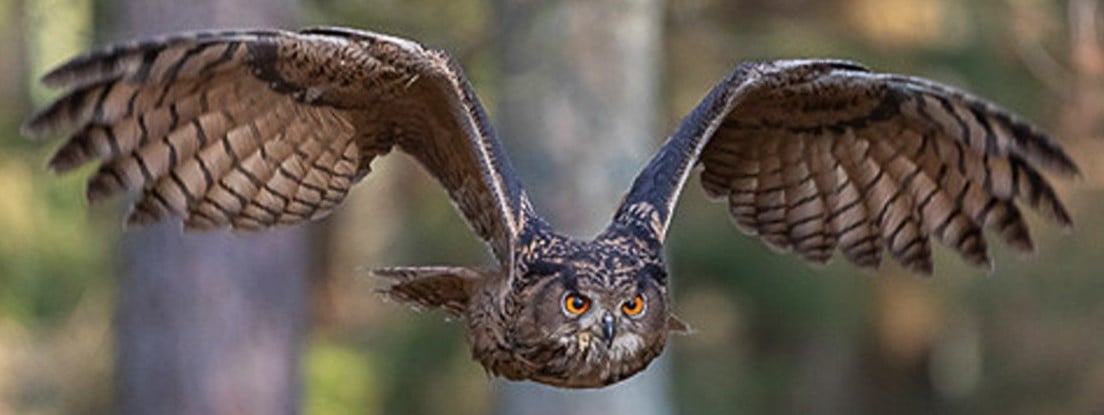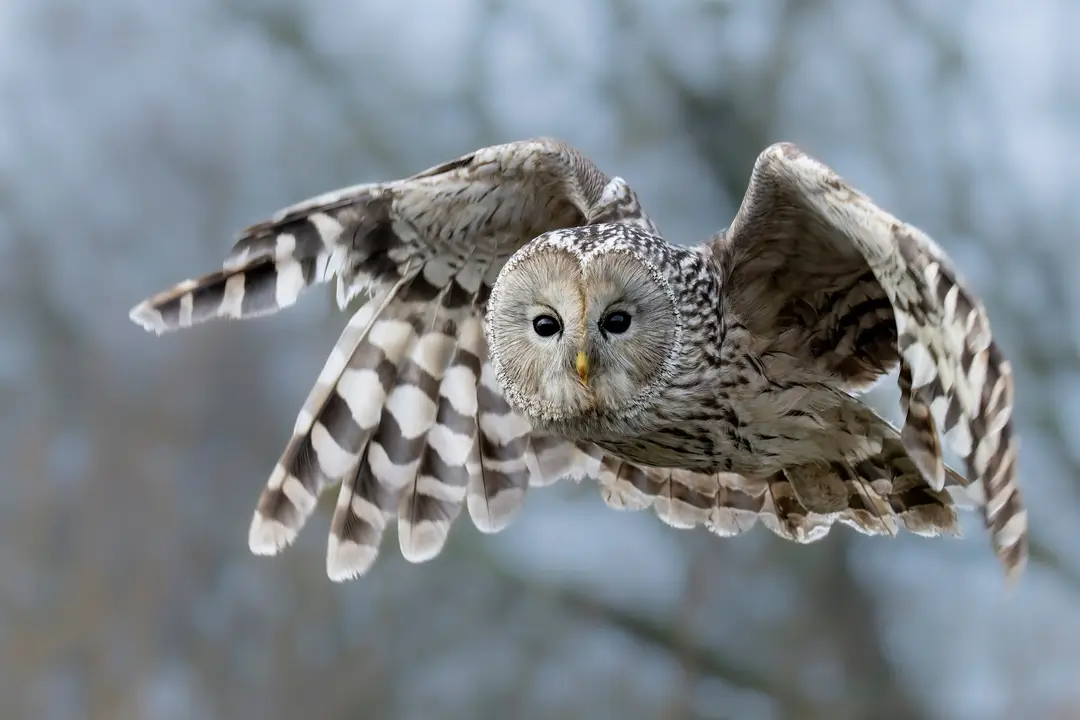Superbowl
For owls that are superb.

US Wild Animal Rescue Database: Animal Help Now
International Wildlife Rescues: RescueShelter.com
Australia Rescue Help: WIRES
Germany-Austria-Switzerland-Italy Wild Bird Rescue: wildvogelhilfe.org
If you find an injured owl:
Note your exact location so the owl can be released back where it came from. Contact a licensed wildlife rehabilitation specialist to get correct advice and immediate assistance.
Minimize stress for the owl. If you can catch it, toss a towel or sweater over it and get it in a cardboard box or pet carrier. It should have room to be comfortable but not so much it can panic and injure itself. If you can’t catch it, keep people and animals away until help can come.
Do not give food or water! If you feed them the wrong thing or give them water improperly, you can accidentally kill them. It can also cause problems if they require anesthesia once help arrives, complicating procedures and costing valuable time.
If it is a baby owl, and it looks safe and uninjured, leave it be. Time on the ground is part of their growing up. They can fly to some extent and climb trees. If animals or people are nearby, put it up on a branch so it’s safe. If it’s injured, follow the above advice.
For more detailed help, see the OwlPages Rescue page.
view the rest of the comments

See it the other way around: A barn isn't a proper barn without accommodating a Barn Owl.
However, in German, some birds are called by their current habitat: Feldlerche (Eurasian Skylark), Feldsperling (Eurasian Tree Sparrow), Haussperling (House Sparrow), Hausrotschwanz (Black Redstart), Gartenrotschwanz (Common Redstart), ... Yet, one may ask: Where did they live before there were fields, houses, and gardens?
Linguistic separation of the Barn Owls from the True Owls makes somewhat sense as they are the two separate families of the owls.
In the German Wikipedia article on owls Strigiformes I also found an explanation of the origin of the two terms Eule and Kauz:
Interestingly, the Eulen you are not supposed to carry to Athens (Eulen nach Athen tragen means doing something useless), are originally Steinkäuze (Athene Noctua) that were a symbol of the godess Athene and were depicted on the reverse side of the old Drachme coins from Athens.
Today, this Drachme coin is depicted on the reverse side of the Greek 1 Euro coin:
Thank you for the nice conversation.
Animal sound words can be so funny. I imagine our native ones all make sense to us, as it's what we learned growing up, but hearing some in other languages seem bewildering. Even after listening to the kauz pronunciationg (surprise T sound in there would have tricked me!) I don't know how that relates to an owl.
I was familiar with the Little Owl being the Owl of Athena and on the old coin, but I forgot it was on the new one. I like how they keep the ancient design still. That feels like a nice tradition.
You've helped me understand a lot of new things. It's been much fun!